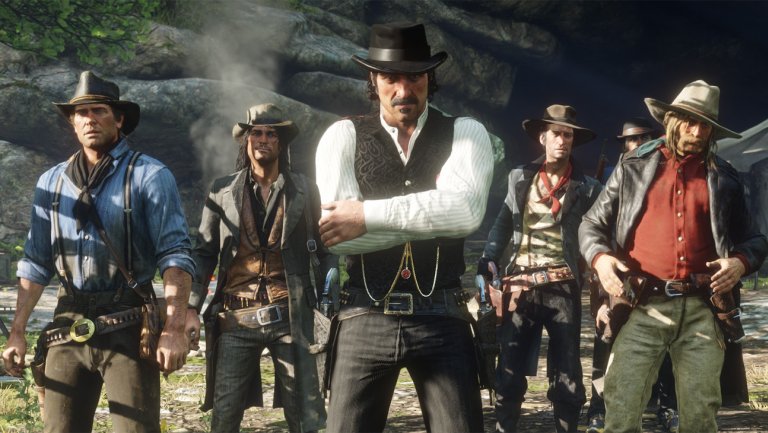
Is Game Development A Good Career?
Game development has been the dream job of young people for a few decades now. It’s up there with astronauts and firemen as kids go to career. Recently there has been much more coverage of the bad work practices of game companies. Stories of 100 hour work weeks and sleeping at your desk have become commonplace so it raises the question, is game development a good career?
100 Hour Work Weeks?
We’ll start off with the hours. This is the most talked-about part of the industry, especially after the now-infamous admission by Rockstar co-founder Dan Houser that their employees were working 100 hour work weeks to get Red Dead Redemption 2 out of the door. There is a multitude of problems with this such as the fact that RockStar made around $6 billion from their last game Grand Theft Auto 5 so they don’t need to overwork the employees that they have, but the fact that he said it with pride in an interview designed to build hype for the game tells you a lot.

The act of extended periods of overtime, often without pay, is so common in the game industry that they have a name for it. Crunch. Whilst the Rockstar example is an extreme one, there are testimonials from employees from a large range of companies with similar work schedules. Crunch time can vary from a few weeks before launch to 6 months or more. Stories of employees not being able to go home or see their families are not uncommon.
The fundamental problem with crunch is that companies don’t use it as contingency time in case development runs slower than usual, they actually factor it into the schedule from the start. This is poor management but unfortunately, the brunt of the impact of this is taken by the people on the front lines.
Employers will often say that the overtime is not required and nobody is forced to do it. This may be true for some companies but more often than not it will be noted by the higher-ups how often you will be willing to work into the night and you absolutely run the risk of losing your job if you don’t do it. There is also the very real feeling of comradery between the employees that are destroying themselves for their art and with that comes the feeling of peer pressure and the idea that you are letting your friends in the office down.

Whilst it’s very important that these points are brought across first as they can ruin relationships and make the employee incredibly ill, it’s not all bad news. There’s a growing number of companies that are following the scientific evidence that shows that workers who work fewer hours and are not permanently burnt out are actually more productive despite working for less time. These companies forgo the crunch culture. Although most big companies are not following this path it is possible to get a job working on cool games without killing yourself. The problem is securing a job in the industry can be difficult and you may have to work a less than ideal job to get your foot in the door until you have the experience to choose the job you want.
Game Development Is Highly Competitive
As mentioned before, securing a job in the industry can be difficult. Once you have your foot in the door and earned your stripes, so to speak, it can become easier to move between jobs. Most job applications require a minimum of 5 years of experience, even for junior positions, so it can be incredibly difficult for someone to get that experience.
That being said there is a huge number of people applying for jobs, with thousands of new graduates every year and massive layoffs being pretty common. Even small to medium-sized companies with no advertised job positions can receive hundreds of applications. Because of this, it can be very difficult to land a job at the company you want, so picking a company that treats it’s employees well might not be a possibility. Many employees commenting on their bad working positions see working through 100 hour work weeks as a right of passage so that once you have a big AAA game under your belt you can get the job you want.
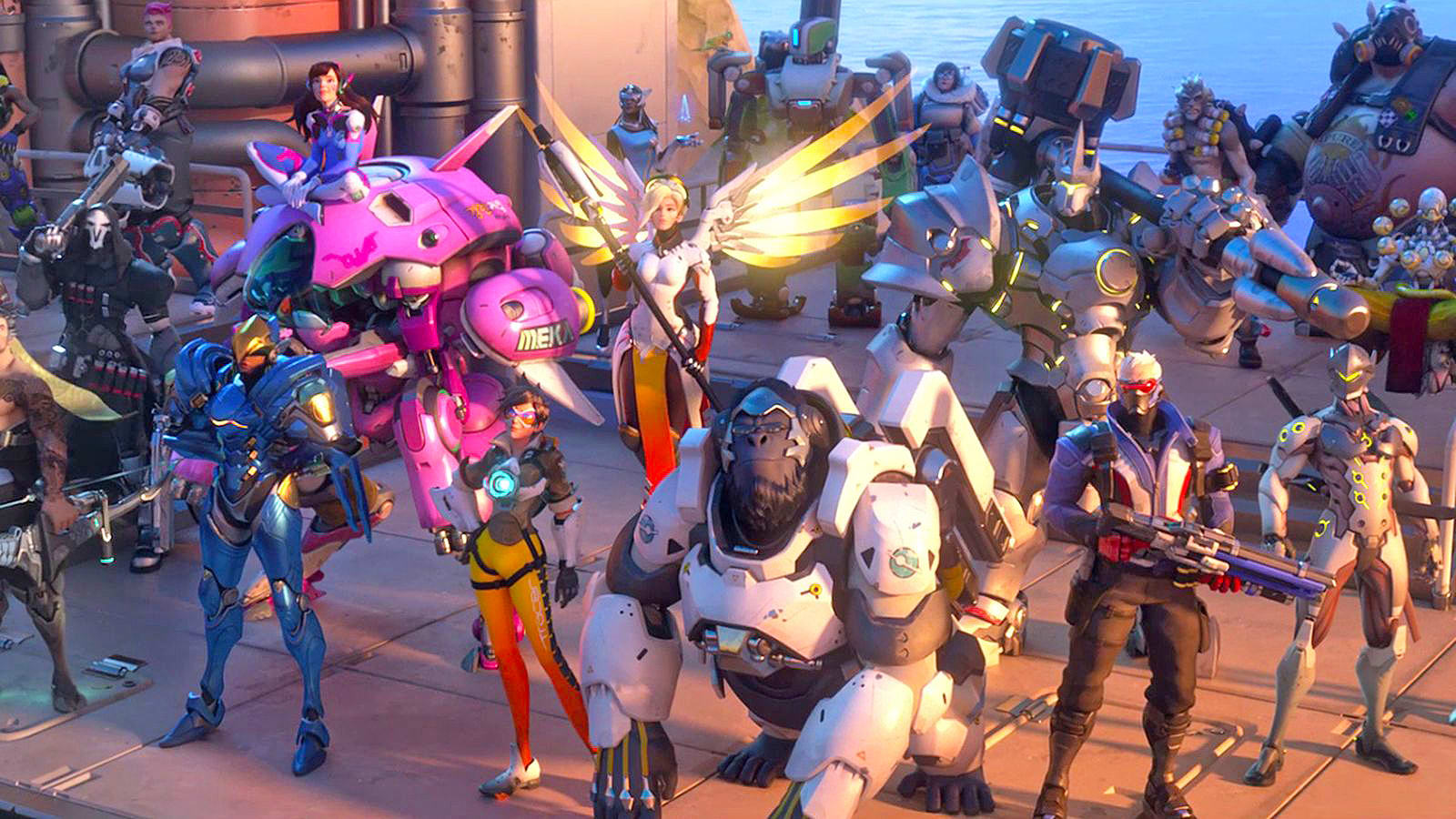
Because the job is such a dream career and there are thousands of people queuing up for a
All Is Not Equal
It’s important at this stage to acknowledge the difference between roles in a company. Depending on the career path you take you could find working in games to be a dream or a nightmare. That’s not to say any
The most obvious example of this is the QA department, otherwise known as game testers. Despite it sounding like the ideal position (who doesn’t want to get paid to play games all day?) they often find themselves at the bottom of the pack. It’s worth noting that the QA department very rarely gets to just play games, they often have to spend hours jumping into the corner or a wall to test if they can clip through it, not exactly thrilling. Nevertheless, they are often treated like 2nd class employees within a company, often being used at the end of the project before being let go again, the pay is poor and work is thankless. For these reasons, many QA employees are workers from other specializations such as artist and designers that want to get their foot in the door a different way.
Job (In)Security
Whilst QA tends to get it the worst it is by no means limited to them. Many roles within a company will not be given permanent contracts meaning the rug can be pulled out from under their feet at any time leaving them without a job. Almost without exception, the managerial positions will have permanent jobs. Programmers are often given permanent jobs too as they are highly sought after. Artists, designers, QA, sound designers and anyone who’s jobs are only necessary for a portion of the development time can often find themselves without a permanent spot. Often these employees will be on a rolling 6 or 12-month contract that they will renew each period until they no longer want you, sometimes without warning. Many companies will offer most, if not all, of their staff permanent positions but it is by no means guaranteed. This will often leave the employees stressed out and many people would rather take a less prestigious job at a smaller company that will offer them job security.
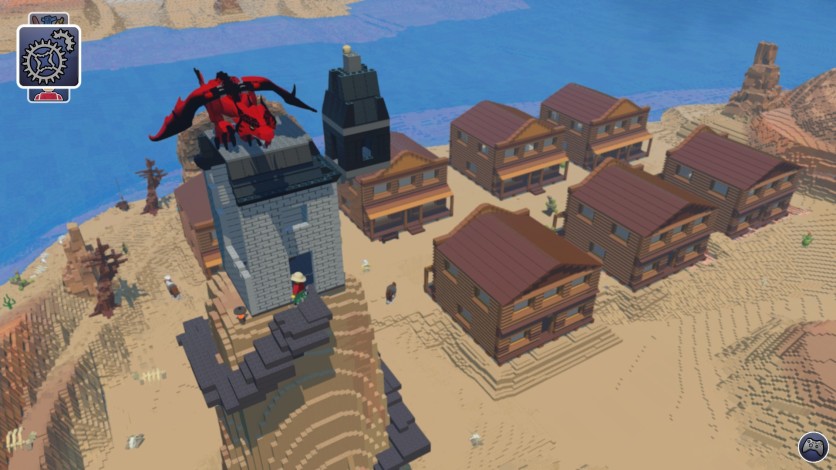
Even then job security is not great within the industry. Massive layoffs in major companies are a common sight and it’s not just a bad game release that can cause it. Many companies have one key franchise or have one major release that they rely on, these can be the only thing the company releases for years in some cases. If this product flops it can mean the company is forced to massively downsize or even close. That is not the only worry though, big publishers regularly lay off large portions of their staff after a game release to cut costs, even if the workers created a big blockbuster title. Although this isn’t ideal, you can get around this by working at a company with a different business model such as outsourcing, but it may not come with the prestige you imagined.
Show Me The Money
Pay is a difficult one to make a blanket statement on. Many junior positions in the more sought after roles like artists and designers can find themselves starting on minimum wage or at least much lower than you would expect from a skilled job. This varies significantly based on the location and the cost of living of course. Different roles and ranks will be paid vastly differently.

Management and high ranking programmers will often make a decent wage and there are obviously success stories of indie developers like Markus ‘Notch’ Persson, the creator of Minecraft, who outbid Beyonce and Jay-Z on a Beverly Hills mansion. But you aren’t going to make that kind of money working in a games company, even if the company is good enough to have a reward scheme for good sales. To make that you have to strike it out on your own which is incredibly difficult and requires a large amount of luck for a major success.
It’s A Man’s World
The old cliché of games being a boys club is, thankfully, leaving us. Women as gamers are finally getting noticed and while there’s still a strong bias to making ‘manly’ games it is slowly getting better. The same is true of the jobs in games, where there is still a large number of men working in games than women, but the balance is slowly shifting to be more equal. That being said, it’s not all sunshine and rainbows.
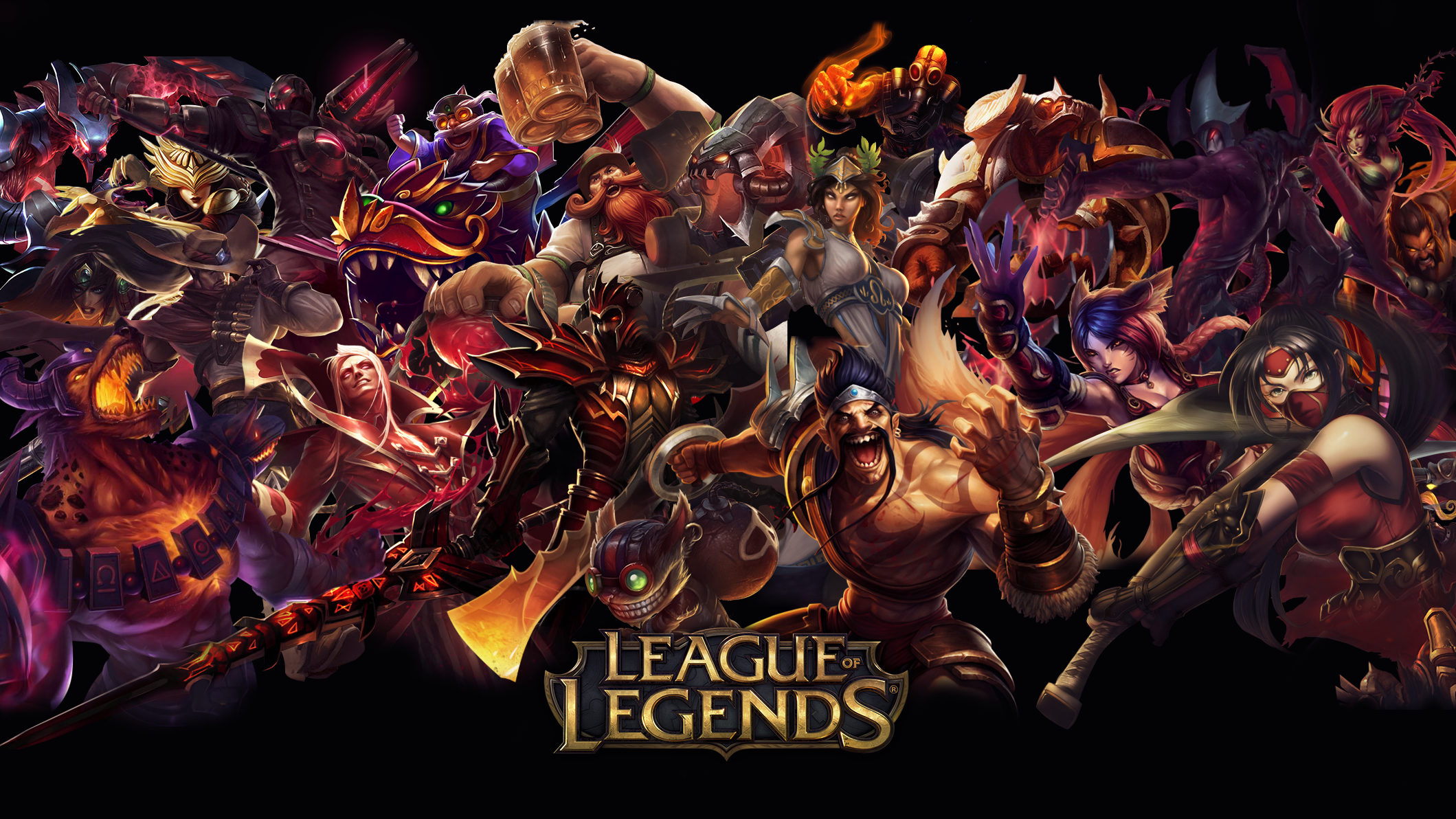
There have been reports from companies of a ‘bro culture’ from inside some big companies. With stories ranging from inappropriate comments being made to workplace harassment and not being considered in the same way as male employees. This is, unfortunately, common in most industries in the current age so it may not seem so strange, but gaming’s perceived view as a media for young men is a tough one to shift and it adds an insidious nature to the feeling of being an outsider in your own company.
A 5-Year Veteran
Whilst it’s not all bad getting to work on your favorite games for a living there are obviously a few downsides. These tend to result in a very short career in the industry compared to many careers. There are of course people that are still making games now that
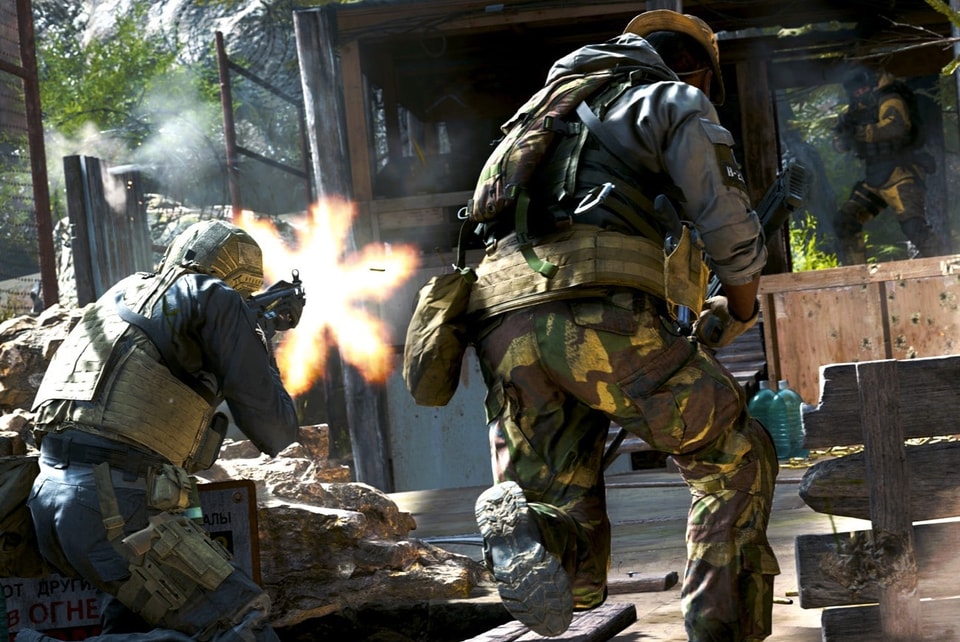
The employee turnover in the industry is so high that many people who have been in the job for 5 years or sometimes less are called veterans, a term used to describe men and women who have served in active war zones. Whilst it would be extreme to compare the two jobs directly they can have many similar impacts on mental health, from depression to PTSD.
The Most Fun Thing You Can Get Paid To Do
So far all of this has sounded pretty bleak. I believe it is important to cover the downsides of a career choice that many see as a dream job so that they know fully what they are in for if they go for it. That being said it’s not all doom and gloom, there are some great benefits to working in games.
Working in games is fun. You might get to work on some of your favorite series that you played as a child. You might get to make the new big hit or push the boundaries of what’s possible in gaming. You could be working on games for yet unannounced consoles and be privy to information that most gamers can only dream of.
The Watercooler Where Games Are Made
One of the greatest aspects of working in games in the socializing. This may initially seem an odd bonus when the stereotype for games and game developers is the shy, nervous, unsociable type, but games companies tend to have a very strong family connection.

There are also friendly rivalries within companies, usually interdepartmental between the programmers and artists as well as lots of social activities run by other employees in their free time, whether it’s going on for drinks on a
Survive And Thrive
There is a silver lining to some of the bad sides of game development. One of them is that the bad conditions that lead to a high employee turnover also allow those that stick with it to rise through the ranks fast. It’s possible to go from a Junior to a Lead in 5 years or less if you have the luck to be at the right place and the right time and show the skills and can-do attitude that’s needed at the time. This can also help offset the poor pay that you often find at lower levels and give you the ability to have a bigger say in how the company is run.

It’s also possible, as some people do, to throw themselves in at the deep end and work for a massive game studio in an awful position for a few years to ‘earn their stripes’ and get a big game release of their CV which will open up their career opportunities and they can get a job at a place that treats them better. Whilst the ideal scenario would be better working conditions for everybody, those that stick around can often reap some benefits from other’s misfortune.
You’re At The Forefront of Technology
One of the great aspects of working on games is you often get to be working at the forefront of modern technology. Games are advancing in massive leaps and bounds all the time and you and your team can be treading in uncharted territory. Whether it’s more realistic facial animations, improved real-time lighting or creating fantastical particle effects you can be doing something that’s never before been done in gaming history.
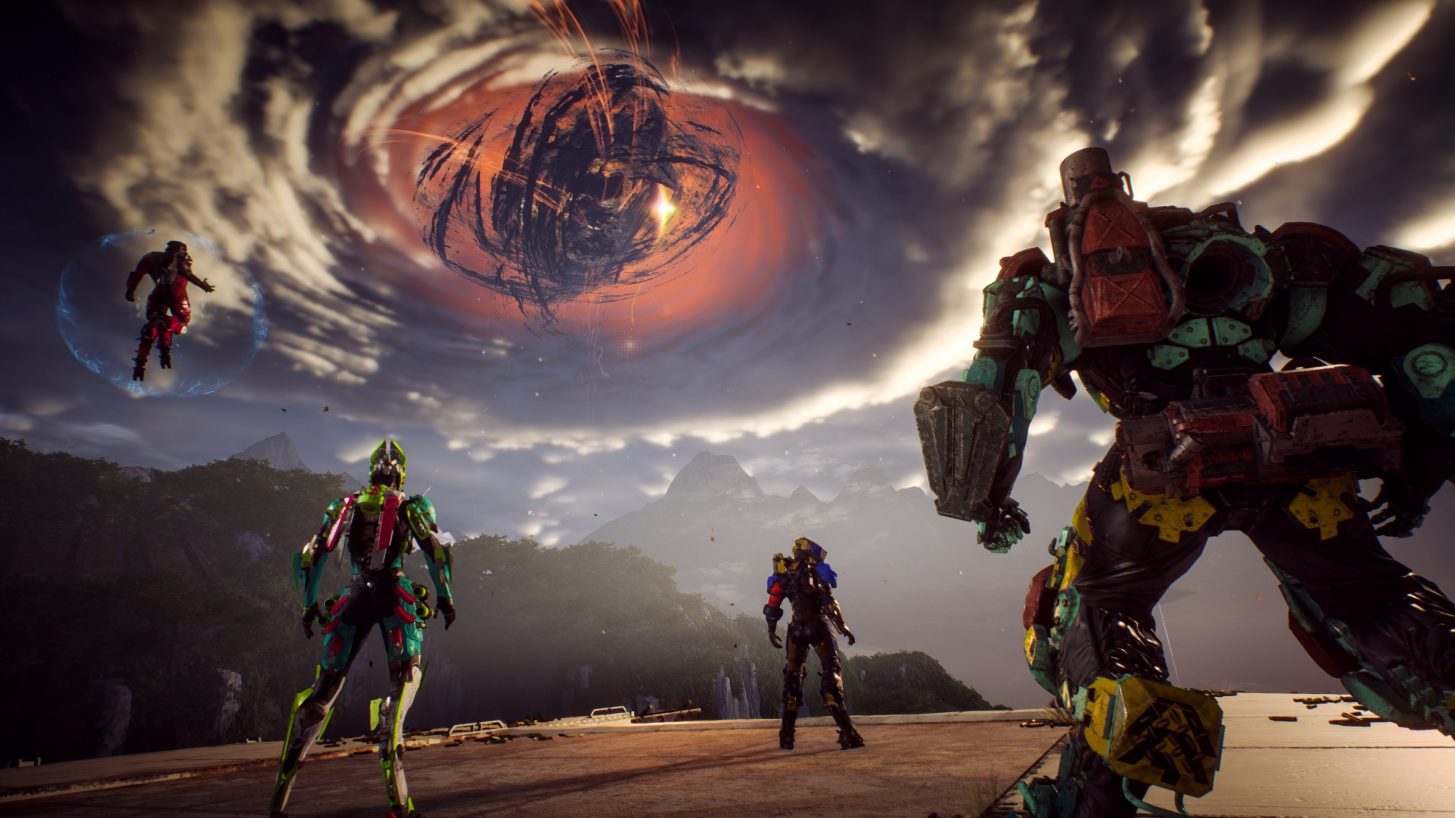
You will constantly be pushing modern hardware to its limits as new improvements are made to real-time rendering software. For most things in game
Harder Than Dark Souls
Ask any of the thousands of people who make games as a career or as a hobbyist, games are difficult to make. As well as being at the forefront of tech you will constantly be asked to make never before seen things and work with new technology you’ve never used before. Because of this, you need a decent level of technical knowledge and the ability to adapt quickly.
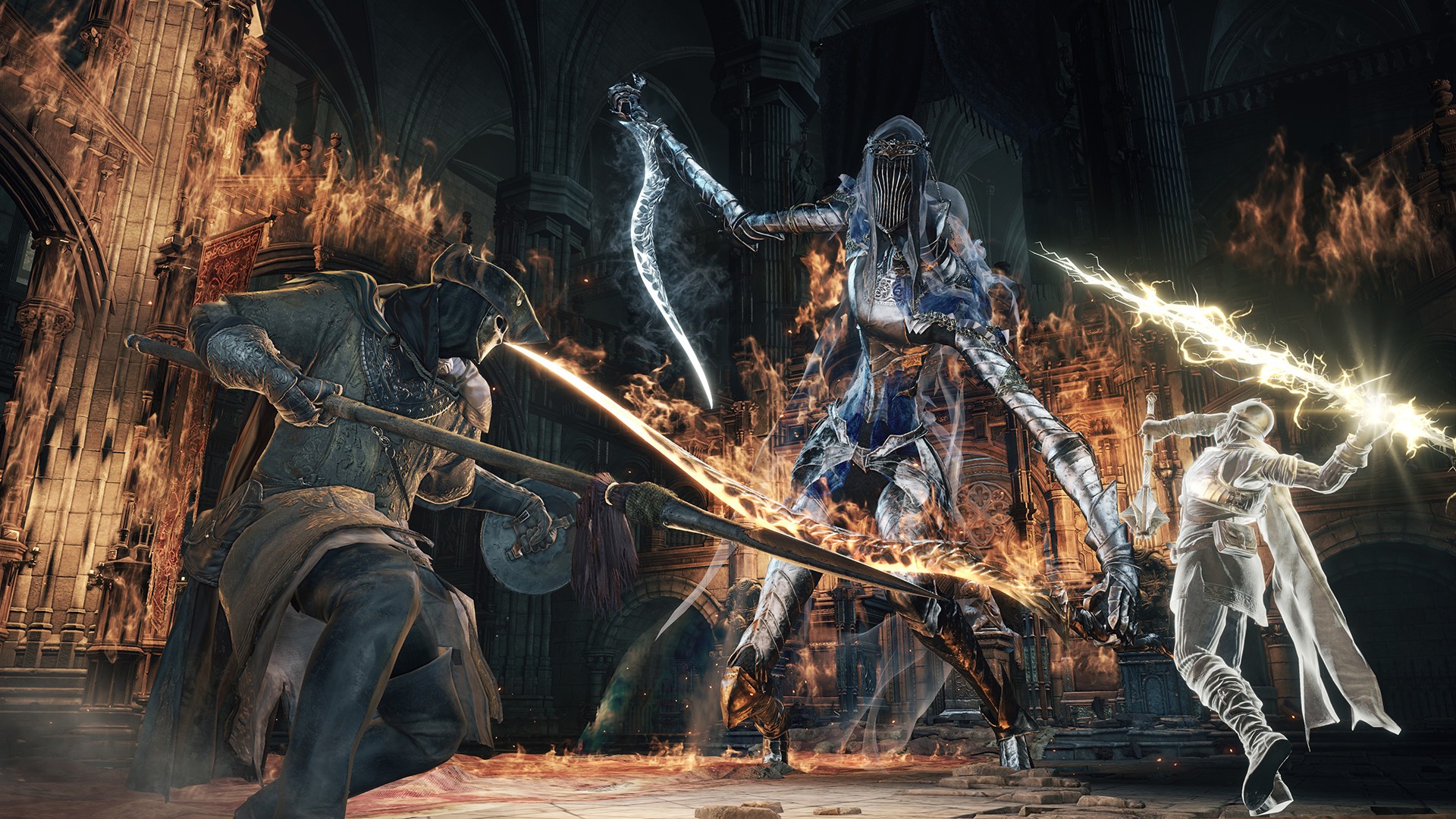
This can be frustrating at times but it can also be exhilarating. Knowing that you will be the first to achieve something and have a chance to change the landscape of the biggest and most lucrative form of media in the world is incredible.
So, Is Game Development A Good Career?
Overall it’s difficult to recommend working the industry because of the great number of downsides you have to deal with. Equally, it is difficult not to recommend an industry that’s been so great to work in and changed my life drastically for the better.
If you think you are up to it and can deal with all of the negatives then I would seriously recommend looking into it. It is possible to bypass many of the negatives but it will either require a lot of luck or an incredible level of skill to elevate you above all of the other brilliant people working in games. This is no easy feat.
That being said, games have changed my life in a myriad of amazing ways. I wouldn’t still be working in games if I thought that game development was a bad career. I have however been lucky in that whilst I’ve had to work unpaid overtime in the past I have never had to work 100 hour weeks. If given the choice I don’t think the industry is worth that kind of commitment. Luckily I now work at a company that is against any kind of forced overtime and I couldn’t be happier. The pay off for this is that I have no big AAA games on my CV yet. Ultimately though the payoff is worth it as I have an amazing job at a great company.
If you are considering getting into game d